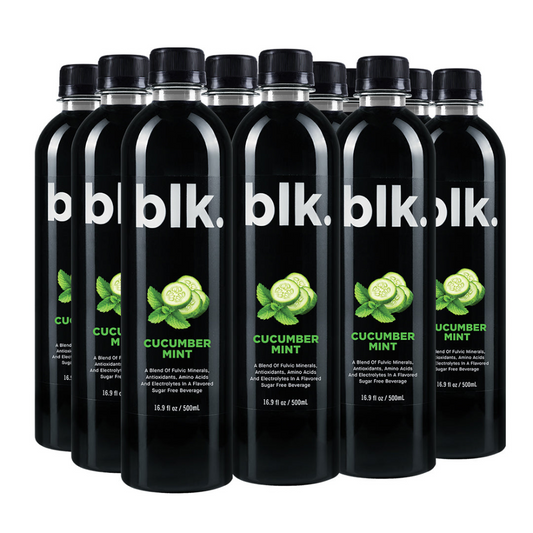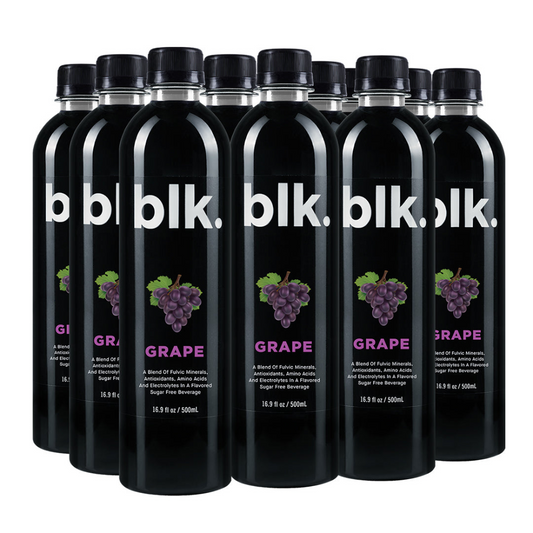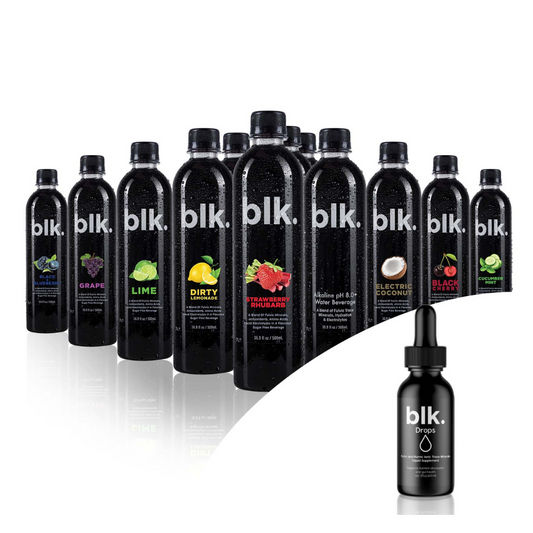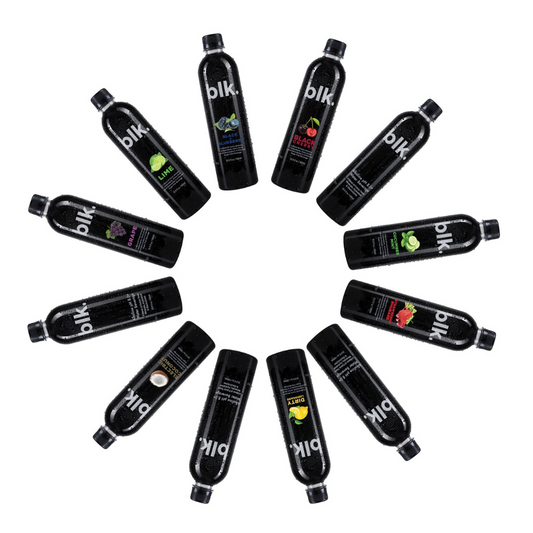
Whey Protein Hydrolysate and Athletic Performance
This Article Seeks to Guide On:
- What protein hydrolysate is.
- The benefits of whey protein hydrolysate.
- How it affects athletic performance.
- How to effectively use it for better results.
For a long time, athletes and fitness enthusiasts have been seeking ways to improve their performance and recover faster from athletic activities. Whey protein hydrolysate is a supplement that has recently gained traction as the preferred supplement for improving athletic performance. But what exactly is whey protein hydrolysate? How does it affect athletic performance? This article discusses whey protein hydrolysates and whether it gives an athlete a competitive advantage. This guide will help you decide whether whey protein hydrolysate is a good choice for you as an athlete or any other person interested in fitness.
What is Whey Protein Hydrolysate?
Whey protein hydrolysate—also called hydrolyzed whey protein—is a form of whey protein broken down into smaller peptides to increase bioavailability. Bioavailability refers to how effectively your body utilizes nutrients. Because whey protein hydrolysate is pre-digested during hydrolysis, it is a bioavailable protein.
|
Let's back up a little bit. What is whey protein? Whey protein is made from whey, a product derived from milk during the cheese-making process. When the curd is separated from milk, the liquid part is whey, and it is dried and concentrated on making whey protein powder. The hydrolysis process is what makes whey protein hydrolysate. |
Amino Acids Profile
Whey is a complete protein because it has all nine essential amino acids. Amino acids are the building blocks of protein, and the essential amino acid leucine is responsible for triggering muscle protein synthesis for muscle building and recovery. During hydrolysis, whey protein is broken down into free amino acids, easily absorbed into the body, hence faster recovery- an element favorable for athletes.
Benefits of Whey Protein Hydrolysate for Athletes
Whey protein hydrolysates have numerous benefits, some particularly beneficial in athletic performance. Athletes can benefit from whey protein hydrolysate in the following ways:
Increased Muscle Protein Synthesis
Muscle protein synthesis is the body's process of utilizing amino acids to build and repair muscles. Increasing amino acid intake increases the rate at which muscle protein synthesis occurs.
Whey protein hydrolysate has all the essential amino acids, including leucine, that triggers muscle protein synthesis. Besides, hydrolyzed whey protein is broken down to free amino acids, which are absorbed faster into the muscles. The result is that an athlete will see results more quickly than expected.
Hydrolyzed whey protein also increases muscle growth by increasing insulin levels. This is the insulinogenic effect. The insulin spike is associated with increased amino acids leucine, isoleucine, valine, lysine, and threonine. Such amino acids are essential in muscle growth and development.
Whey protein hydrolysate can also promote muscle growth by activating the mTOR (mechanistic target of rapamycin) signaling pathway. The mTOR pathway, when stimulated, promotes the synthesis of new proteins, which is essential in muscle building.
Faster Recovery Time
Research consistently shows that protein contributes considerably to muscle recovery. Day in and day out, athletes engage in high-intensity exercises to try and improve their performance for both strength and endurance. These activities cause muscle damage that subsequently causes an athlete's inability to carry on with the exercise for consecutive sessions.
Typically, an athlete would need a few days off for the muscle soreness to subside. However, with hydrolyzed whey protein supplementation, the length of the recovery time reduces. This is due to the unique properties of whey protein hydrolysate.
When taken as a supplement, it increases our protein intake. Hydrolyzation makes it easier for the protein to be absorbed into the body. The protein is broken down into smaller dipeptides and tripeptides that are rapidly absorbed into the body. If athletes can train for consecutive sessions without getting sore muscles, they will eventually reach peak athletic performance.
How to Use Whey Protein Hydrolysate for Athletic Performance
We've just seen how whey protein hydrolysates are beneficial to athletes. However, for optimum results, there are a few things that an athlete should consider.
Recommended Dosage
The dosage varies based on several factors, including the type of exercise, sex, age, and the type of whey protein hydrolysate. Manufacturers also recommend the dosage of their products. Generally, the recommended dosage to be taken by athletes is about 50 grams of protein hydrolysate.
Timing of Consumption
The time to take your hydrolyzed whey protein depends on your fitness goals. Typically, if you aim to gain more weight and bulk up, it is best to take the supplements between meals so that it does not affect your appetite.
For muscle repairs, you should consume your whey protein hydrolysate a few minutes or an hour after intensive workouts to help rebuild and repair the damaged muscles.
How to Mix with Other Supplements
Mixing supplements are a popular trend among athletes to try and maximize the effects of certain supplements. It is referred to as stacking. Many supplements can be taken with whey protein hydrolysate, and creatine is the best supplement to take alongside whey protein hydrolysate.
Creatine is a supplement athletes use to enhance their performance by increasing their energy levels. Creatine is stored as phosphocreatine in the muscles and helps produce adenosine triphosphate (ATP), the chemical substance that provides energy in our cells for muscle contraction.
However, you should always consult a pharmacist or a qualified healthcare professional to determine whether you can stack supplements.
How to Incorporate Whey Protein Hydrolysate Into Your Diet
Whey protein hydrolysates are easy to incorporate into your diet, and their neutral taste makes it possible for them to blend with any flavor. As a powder, it can be added to your soup and stew or baked together with your baked goods. You can also take it as a protein shake or protein bar.
Potential Side Effects
Hydrolysis removes most substances that would cause side effects for people with digestive problems due to lactose intolerance. However, some people may have mild stomach upsets and bloating symptoms.
Conclusion
In summary, whey protein hydrolysates are a helpful supplement for athletic performance. The hydrolyzation process that breaks down the protein into smaller peptides facilitates faster absorption and utilization in the body. Hydrolyzed whey protein promotes muscle protein synthesis that contributes to muscle building and recovery—an important factor in optimum athletic performance; for any athlete looking forward to improving overall performance, hydrolyzed when protein is the way to go.
Frequently Asked Questions
-
Is whey protein hydrolysate suitable for vegetarians and vegans?
-
How expensive is whey protein hydrolysate compared to other protein sources?
-
Is whey protein hydrolysate suitable for all athletes or only for certain types?
-
Can whey protein hydrolysate be used in conjunction with a high-carbohydrate diet?
-
Are there any specific populations that should avoid whey protein hydrolysate?
-
Is whey protein hydrolysate suitable for individuals with kidney or liver problems?




